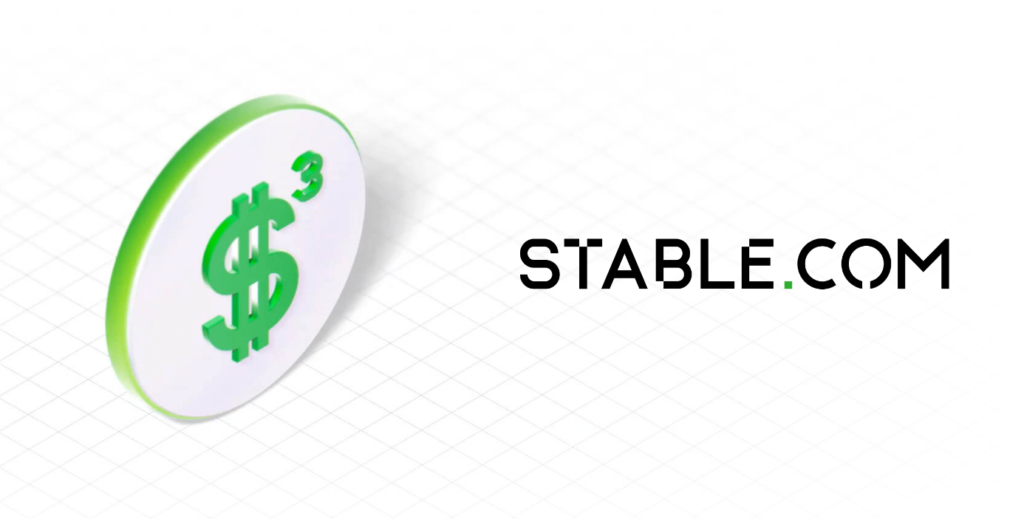An ex-Consensys employee, Jack Jia, has launched a new stablecoin, dubbed USD3, and is set to go live on major blockchains.

Established “with a programmatic layer in mind,” Stable.com, a fintech firm co-founded by former Consensys employee Jack Jia, is introducing a novel 1:1-backed stablecoin. Avalanche, Linea, Polygon, Ethereum, and USD3 are all on schedule to support the stablecoin.
The objective of USD3 is to provide businesses and developers with an interoperable method of business transaction and streamlined decentralized application (DApp) integration.
Jia, co-CEO of Stable.com, elucidated to Cointelegraph the measures the company is taking to ensure the integrity and security of USD3:
“Stable.com is a regulated financial institution in the U.S. with a broad compliance program formulated by industry veterans. USD3 will always be 1:1 backed by USD or cash equivalents and will regularly go through internal and external audits to ensure transparency and compliance.”
Jia, in collaboration with co-CEO Jamal Rees, former head of Stablecoins at Unlimited, discussed the potential risks and difficulties associated with launching a stablecoin under the current market conditions:
“While the current global regulatory environment has been slowly improving, there is still insufficient clarity on how stablecoins and other cryptocurrencies will be regulated. A strong and clear regulatory framework will be critical to the long-term success of stablecoins.”
The recently expressed concern by Nick van Eck, the CEO of Agora, substantiates this assertion. Risking classification as securities, yield-bearing stablecoins “are neither money nor stablecoins,” he cautioned.
Cointelegraph inquired similarly about how Jia anticipated the USD3 stablecoin to tackle the prevalent challenges encountered by other stablecoin initiatives.
“Stable.com will have access to robust financial infrastructure, meaning that users from all over the world will be able to onboard quickly and efficiently and purchase or sell USD3 with payment methods from all over the globe with very low fees.”
This development in the stablecoin space follows the recent advocacy by Farcaster co-founder Dan Romero for “a stablecoin payments app” for freelancer laborers based in the United States.
As a result of Venmo’s decision to increase their transaction fees, Romero proposed a remedy for freelance 1099 workers, who are individuals subject to the U.S. Internal Revenue Service Form 1099.
